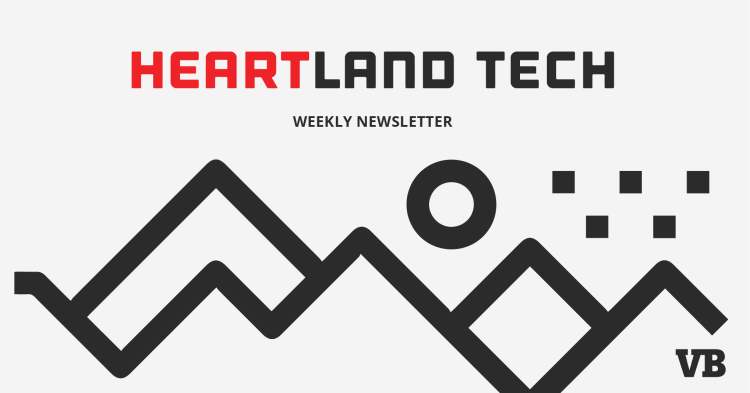Cities across the U.S. are eager to attract tech companies because jobs in the industry are currently some of the highest-paying in the country. But there’s a big difference between developers and customer service specialists — the latter often pays less and requires less education, though the case could be made that it’s still a “tech” job.
According to a report from the Brookings Institution last week, cities may actually be overlooking other valuable tech jobs — what the report calls “mid-tech” jobs. These are characterized as ”classic tech jobs that are actually quite accessible to workers without a bachelor’s degree.”
The Brookings Institution tried to determine the share of mid-tech jobs available in a number of metro areas. It did this by looking at how many workers without a bachelor’s degree in these areas were employed in one of the 13 occupations that fall under the “computer and math” occupational group (according to U.S. Occupational Employment Statistics).
The report found that many of the metro areas with a high share of mid-tech jobs aren’t your traditional tech hubs. The metro area with the highest percentage of mid-tech employment in the U.S. — at nearly 60 percent — was Olympia-Tumwater Washington, located more than an hour outside of Seattle. Midwestern college towns like Bloomington (Indiana) and Ames (Iowa) also had a high percentage of mid-tech jobs, at 39.6 and 37.5 percent, respectively.
June 5th: The AI Audit in NYC
Join us next week in NYC to engage with top executive leaders, delving into strategies for auditing AI models to ensure fairness, optimal performance, and ethical compliance across diverse organizations. Secure your attendance for this exclusive invite-only event.
Meanwhile, San Francisco, Seattle, and Boston all had shares of mid-tech jobs below 20 percent.
The report’s author, Mark Muro, told VentureBeat in an email that many of the occupations with a high percentage of mid-tech workers are in IT, thus “it’s not surprising that the list of heavily concentrated metros contains a ton of state capitols and university towns … they are centers of mid-tech. These are places that are using tech networks as opposed to creating them.” I wonder if non-traditional tech hubs are also more likely to employ large shares of mid-tech workers because organizations in these areas don’t have a long tradition of recruiting computer science graduates from top universities all over the country.
In any case, the report serves as another reminder that there are more ways to get people into tech jobs than just encouraging them to study computer science at a four-year college.
Thanks for reading, and as always, please send me your thoughts via email. You can also sign up here for VentureBeat’s Heartland Tech newsletter to get this column in your inbox weekly.
Anna Hensel
Heartland Tech Reporter
Featured Video
Check out this video from Aspen Ideas, “Restoring the American Dream through Big Data”
From the Heartland Tech channel

PitchBook: Colorado and Utah have a surprisingly high density of late-stage startups
There’s no exact formula that cities and states can follow to create a healthy startup community in the vein of Silicon Valley, but that doesn’t stop them from trying to find one. To that end, venture capital research firm PitchBook released a report today attempting to quantify how the startup communities in each U.S. state […]

Walmart’s tech division to add 2,000 employees this year
EXCLUSIVE: As Walmart’s continues to face stiff competition in the ecommerce space, most notably from Amazon, the company’s technology arm announced that it plans to hire more than 2,000 “technologists” — which includes both full-time and part-time employees — by the end of the year. Walmart Labs currently has around 6,000 technologists who work on the […]
Beyond VB
Phoenix will no longer be Phoenix if Waymo’s driverless-car experiment succeeds
Shared autonomous vehicles could transform American cities built around car ownership. (via MIT Technology Review)
Housing markets across the country show dire warning signs — in West Coast tech hubs, it’s worse
Housing in America is getting more expensive, disproportionately burdening middle- and low-income people, and perpetuating wealth inequality. (via GeekWire)
I Delivered Packages for Amazon and It Was a Nightmare
Amazon Flex allows drivers to get paid to deliver packages from their own vehicles. But is it a good deal for workers? (via The Atlantic)
Silicon Valley Alternative
Dulles tech corridor’s brightest stars explain what sets this area apart (via Washington Post)


